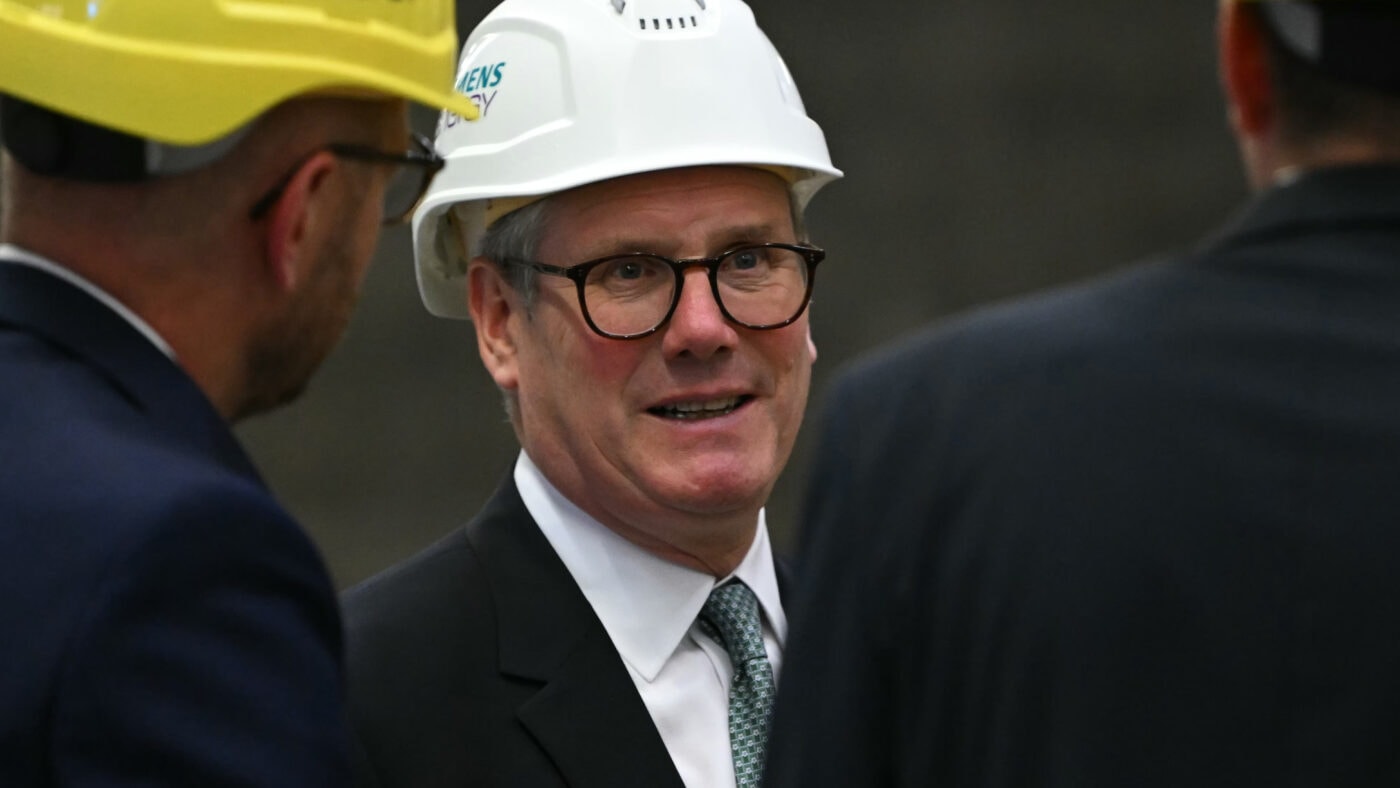This article is the first in a fortnightly series of policy proposals from John Penrose and the Centre for Small State Conservatives.
‘Productivity isn’t everything, but in the long run, it’s almost everything’. This famous aphorism, coined by Nobel Prize-winning economist Paul Krugman, should send shivers down every British spine. UK productivity trails France, Germany and the US. And the situation has been deteriorating since 2008.
Labour’s new industrial strategy represents just the latest attempt to solve our long-term malaise. The inconvenient truth is that – no matter who is in government – few have made a positive impact. If this systemic problem is not fixed, long-term mediocrity beckons for our green and pleasant land.
So what should a new UK industrial strategy contain?
The starting point must be an honest reckoning with our previous mistakes. For years, Westminster has followed a familiar script: spot a promising technology, offer dollops of taxpayer cash in grants or sweetheart deals to startups and established firms in the industry, and then hope these incentives enable a thousand business flowers to bloom. But time and again, it seems these companies fail to learn their lines.
If only they did.
Instead we have an all-too-familiar story of promising UK technologies and startups either withering, being overtaken by rivals or uprooted when they’re still seedlings – only to grow into flourishing foreign firms or entire industrial clusters employing thousands of skilled workers in countries like the US, Germany or China.
Why? Because successive governments have been repeatedly dazzled by the shiny promise of tomorrow’s technologies. They offer an apparently irresistible mix: hard-hatted and hi-vis photo ops, statesmanlike, visionary speechmaking, and intellectual fascination for well-educated Whitehall officials. Small wonder the shiny toys get all the attention.
But it’s an approach that is doomed to fail. This is because it doesn’t address the reasons why promising British firms and technologies keep shrivelling or moving abroad. Trying to speed up the UK’s slow growth with a portfolio of promising tech investments without addressing those reasons is like a gambler chasing his losses. The real answer is to face and fix the fundamental underlying problems, not to keep making more bets.
So creating a taxpayer-fertilised technology seedbed isn’t enough. To succeed where its predecessors have failed, an industrial strategy needs a ‘Top 5 in all 5’ programme of supply-side reforms. In other words, we need to propel Britain into the top five G20 nations for cheap and abundant supplies of five foundational elements of industrial success:
- Business & residential premises
- Energy
- Skilled labour
- Infrastructure
- Investment capital
These vital reforms aren’t shiny, but they address the problems that are actually holding our economy back. Getting there would mean redesigning our planning processes so decisions to build infrastructure take days or weeks, instead of months or years. Energy markets should be reformed to reveal and then reduce the true costs of providing low-carbon power, rather than only when the wind is blowing or the sun is shining. Britain’s extortionate and inflexible childcare system must be fixed to cut gender pay gaps, support UK firms hiring skilled workers and help two-career families raise their children responsibly. And we must ensure that it always pays to work, by abolishing the benefits cliff edges which disincentivise work for low-paid families.
These missing pieces are what decades of previous industrial strategies have ignored. But fixing them so Britain reaches a ranking of ‘Top 5 in all 5’ of these essential areas will make us one of the most internationally attractive and competitive business environments on the planet.
They will free up all the UK’s existing firms to recruit skilled staff, become more efficient and grow faster, even in traditional or lower-tech service industries where many current UK jobs are based. But it will also attract more start-up and scale-up businesses in tomorrow’s promising new technologies to base themselves and grow in Britain too.
Even better, it will save money. Supply-side reforms need much less taxpayer-funded spending, and mean Britain will be able to scale back our ruinously expensive subsidy programmes, which have bandaged the symptoms of our weakness in these five foundational areas without offering any sort of long-term cure.
Does Labour’s new industrial strategy bring Britain any closer to being ‘Top 5 in all 5’?
A little, but not nearly enough. Eight sectors get the usual ‘shiny toys’ technology seedbed treatment, and there’s dollops of quango-administered taxpayer cash to improve skills, investment and left-behind locations. But the only supply-side reforms are some already-announced but (sadly) unlikely-to-work warm words about cutting red tape and some more credible ones about fast-tracking infrastructure planning decisions.
That isn’t nearly enough to correct the errors and omissions from all those previous industrial strategies. After successive governments ducked the hard stuff, Britain now needs a Thatcher-sized programme of supply-side economic reforms to put things right. Until we change, Paul Krugman’s words will haunt us.
Click here to subscribe to our daily briefing – the best pieces from CapX and across the web.
CapX depends on the generosity of its readers. If you value what we do, please consider making a donation.


